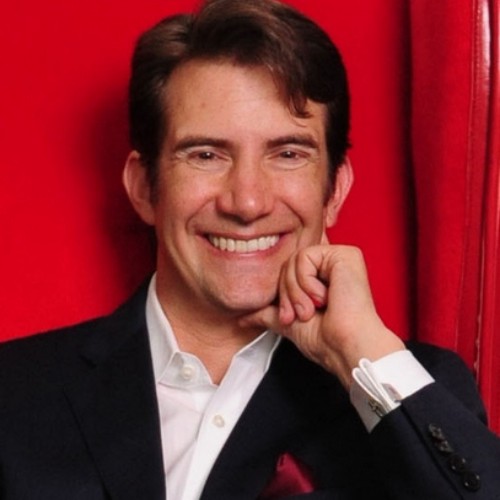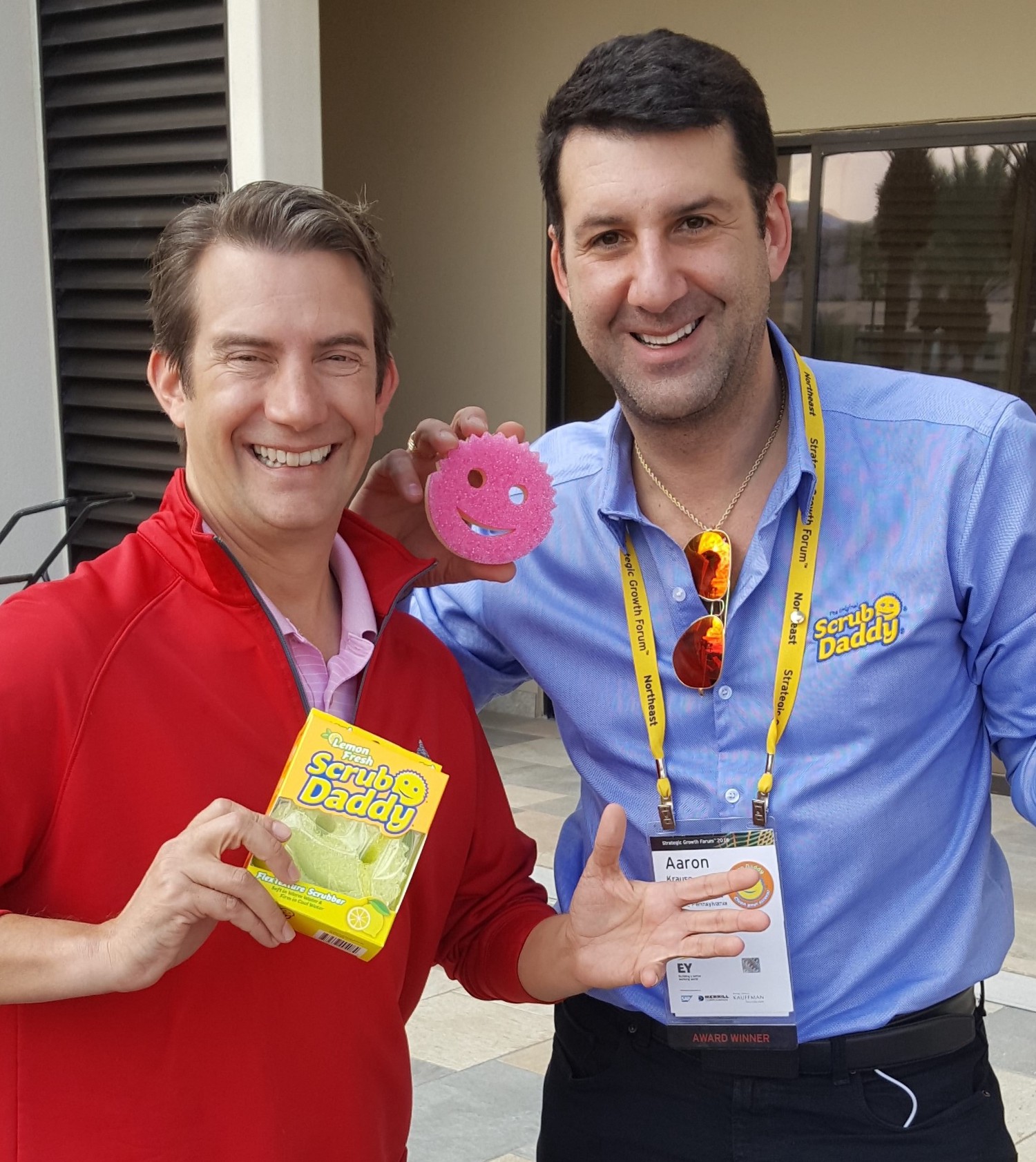Opportunity is always around us, but it’s not always readily evident. Merriam-Webster very simply defines opportunity as a “favorable juncture of circumstances.” In a sense, you can think of opportunity as being at the right place at the right time, but the key is recognizing you are there.
In several of my interviews with high profile entrepreneurs at the annual EY Entrepreneur of the Year Awards in Dessert Springs, California I asked them to share their thoughts on what opportunity means to them and how they have been able to successfully seek out and execute on the right opportunities. What I found was for these entrepreneurs opportunity is about creating that juncture of circumstances for themselves and having enough self-insight to know when those circumstances are favorable.
Embrace Your ADD
The ability to spot opportunity is at the essence of the ADHD mind claims Aaron Krause, founder and CEO of Scrub Daddy. In my conversation with the famed QVC and Shark Tank star he shared with me that in his experience “a lot of successful business people are afflicted with ADHD. They work 24 hours a day so there’s that hyperactivity and their attention is always moving from this thing to that thing.” As an example Krause shared “when I’m doing the dishes I’m actually working, thinking about five or six other things at the same time and that helps me see problems and spot the opportunities for solving them.” Krause also pays attention to context by understanding the kinds of problems he can solve and keeping his mind loosely attuned to those types of problems, but never too focused. When you are too myopically focused on one thing you tend to miss everything else going on around you, so Krause believes being a little scattered can be a good thing.
Spot the Dead Fish
“Opportunity is a middle finger to what everybody else wants me to be and a big thumbs-up to what I believe I am capable of” proclaims Henry Albrecht founder and CEO of Limeade. Albrecht explains this revelation came in part while looking in the mirror one day after a couple years of frustration in his job and life. “I saw something that looked like a fish washed-up on a beach” he shared. Albrecht had become unhappy, argumentative, and had developed a rash from the stress of pursuing a career where he just didn’t feel personally connected to any kind of meaning. “When you look in the mirror and you see something that looks grey and flat it’s time to do something different.” Albrecht knew that opportunity wasn’t going to find him, he was going to have to seek it out. However, before seeking out that right opportunity he knew he really needed to spend time reflecting on what mattered to him and how to bring that to the world.
After some time-off with his family Albrecht found he kept coming back to an idea he had been mulling for years. The whole idea that your physical health, your emotional health, your relationships, and your work are all totally connected. Essentially, your mind and your body are the same biochemical system. So he thought “why not create a system like Quicken or Mint, only instead of for financial well-being it could be for overall well-being” he explained. According to Albrecht “if you just care about people and let them bring their whole self to work you will get great outcomes.” This passion for connecting people to purpose rooted in his own journey of self-discovery ultimately came to life as Limeade.
Tune-in to the Voices Outside Your Head
Social support has long been known as one of the greatest predictors of success and one of the strongest buffers of stress. Fred Goff, founder and CEO of Jobcase knows this all too well. He founded Jobcase because he understood that the unfortunate reality is far too many working-class Americans haven’t had a positive supportive voice in their lives when it comes to their careers. They also haven’t been exposed to mechanisms for managing and developing their careers. As a result these folks are missing the opportunities that are most certainly out there, but just slightly out of view.
Goff explains that early on “I chose the career paths that came to me” as opposed to seeking out and learning about the world of opportunities out there. Part of Goff’s challenge was not having a mentor to help guide him. “I remember having a bad mindset in my 20s where I was jealous of those who got ahead because they had mentors. What I missed was it was my responsibility to get a mentor.”
Goff believes in the power of mentors and positive voices. Goff points out that “people love helping other people. They will answer the phone and if you run into one of the jerks who doesn’t, move on to the next one. You have to go out and ask.” Connecting with mentors and those who are willing to lend a helping hand can go a long way in helping you spot those favorable circumstances and turn them into career opportunities. You just have to be willing to ask.
To thrive in any aspect of life you must be attuned to seeing opportunity where others see nothing but challenge. At times this may require a scattered mind, some poignant reflection, and a little help from your friends.
Originally published at medium.com


